The Future of AI : 10 Ways It Will Influence Our Lifestyle(Part 1)
The acceleration of artificial intelligence development remains fiercely progressive. Every day we look at the ongoing evolution of new technologies, new applications, and massive funding in AI, machine learning, and a heap of intelligent technologies. While we might quickly notice how these technologies will be carried out in a brief time, what does the future have in store for broader acceptance of AI?
In the 1980s the evolution of compact phones clarified they would enable us to carry our phone calls anywhere we are, but who could have foreseen the adoption of mobile phones as compact computing devices with apps, entry to global data, cameras, GPS, and the broad spectrum of actions we now fancy as mobile, omnipresent computing.
Similarly, the next universe of AI will probably have a significantly higher influence in many other means than what we could imagine now.
To make the most of AI’s benefits, we propose nine measures to get ahead:
- Promote greater data access for data scientists without jeopardizing users’ individual confidentiality.
- Spend more on government finance for unidentified AI studies.
- Develop alternative models for digital learning and AI labor force development so workers have the techniques required in the future.
- Set up a national AI counseling task force to make policy propositions.
- Join national and regional administrators so they can establish dynamic schemes.
- Governing comprehensive AI regulations as opposed to explicit algorithms.
- Take bias accusations sternly so that the AI does not repeat well-known inequality, discrimination, or prejudice in data or algorithms.
- Provide tools for human inspection and supervision, and
- Castigate malevolent AI conduct and develop cybersecurity.
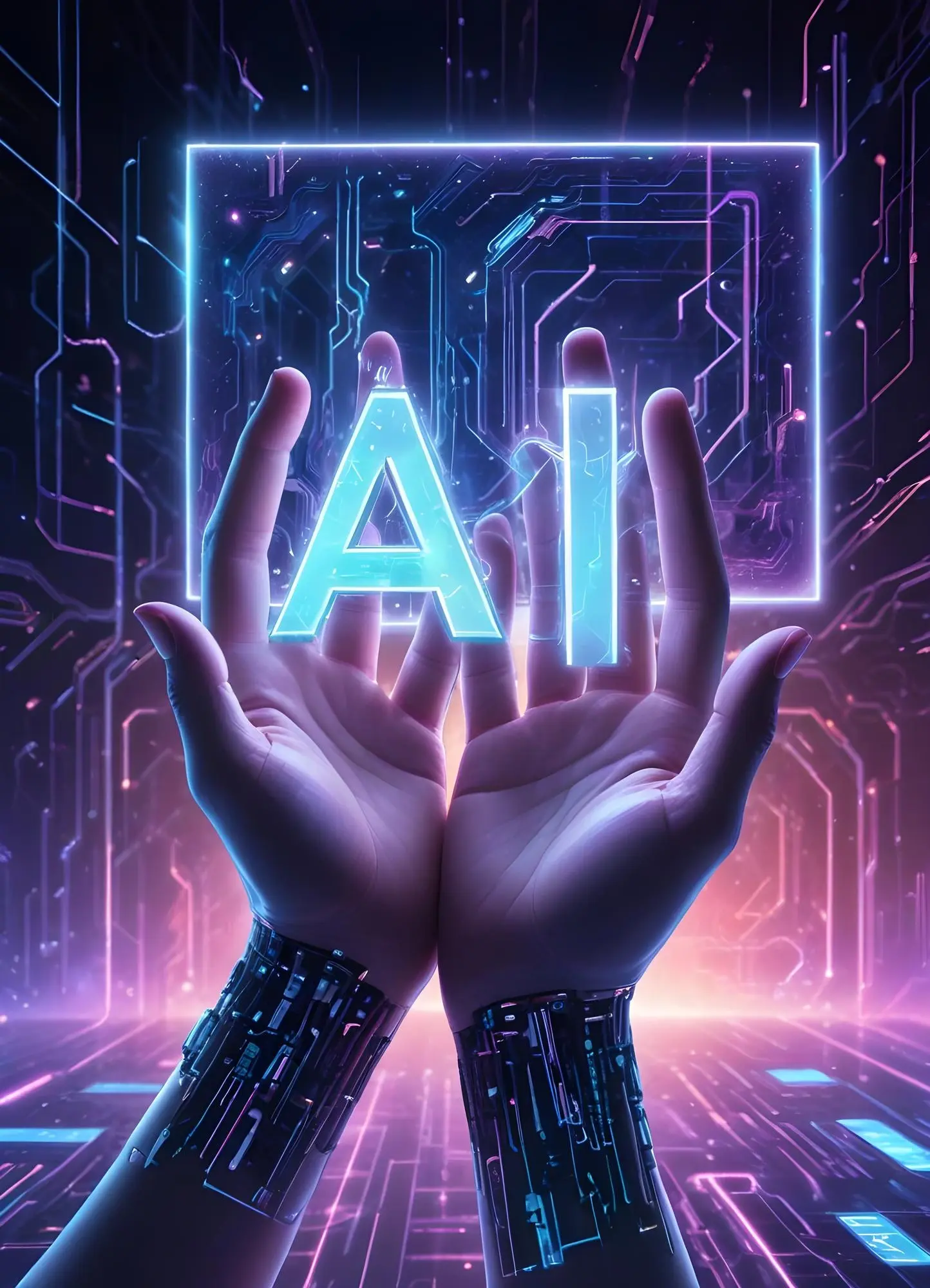
Discover How AI Will Shape Our Lives
What is Artificial Intelligence?
In simple terms; artificial intelligence is when computers can understand and decide similarly to people. There is more than one type of artificial intelligence, particularly regarding machine learning, where contrary to being programmed what to consider, computers can discover, evaluate, and determine from data and errors similar to our human brains.
This technology is transforming customer products and has resulted in substantial developments in healthcare and physics and changed businesses. Partially because of the vast data volume we develop every day and the computing power available, artificial intelligence has broken open over the past few years.
IFM is one of the myriad AI innovators in a domain that’s more enthusiastic than ever and growing more continuously.
Here’s a big clue: Of the 9,100 patents held by IBM inventors in 2018, 1,600 (or approximately 18 percent) were AI-relevant subjects.
Here’s another: Tesla architect and tech giant Elon Musk gave $10 million to finance current exploration at the non-commercial research company OpenAI — just a drop in the proverbial bucket if his $1 billion co-pledge in 2015 is any sign.
What Is the Importance of AI for the Future?
Artificial intelligence (AI) is currently the foremost in the tech world. Technology has turned out indisputable that it’s in a position to transition the business field and our individual existences.
We watch it on our mobile devices, including AI virtual assistants like Siri, Google Assistant, and Alexa. We also observe this in production, where companies use AI techniques to foresee when or if machinery will break down.
Yet that is just a drop in the bucket. AI has transformed the game in various businesses and everyday lives. So, how will AI influence companies and people henceforth?
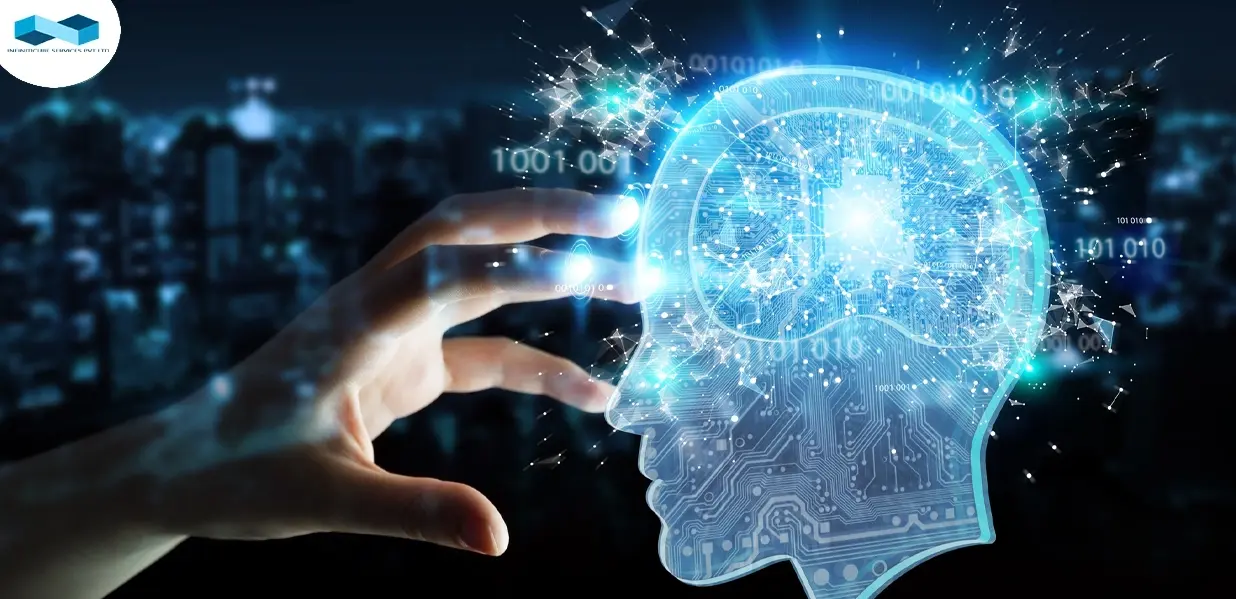
See the Future of AI and Its Impact on Daily Life!
Everyday Influences of Artificial Intelligence
Various everyday influences of artificial intelligence are transforming the way we live our lives. If anyone from the 1950s time traveled and showed up in 2019, they would be shocked to see the way we value our mobile devices maneuvering around the city, how digital assistants like Alexa and Cortana answer our questions, and would be stunned by our obsession with social media platforms.
What is presently routine for us is going to be altogether not pertinent to our friends from the past. Artificial intelligence is a part and parcel of our everyday activities.
Our financial establishments, legal businesses, media corporations, and insurance firms are all trying to discover ways to take advantage of artificial intelligence software development. From fraud identification to creating news stories, AI’s ability is voluminous.
 June 27, 2025
June 27, 2025
 Balbir Kumar Singh
Balbir Kumar Singh
 0
0
 June 13, 2025
June 13, 2025
 Balbir Kumar Singh
Balbir Kumar Singh
 0
0

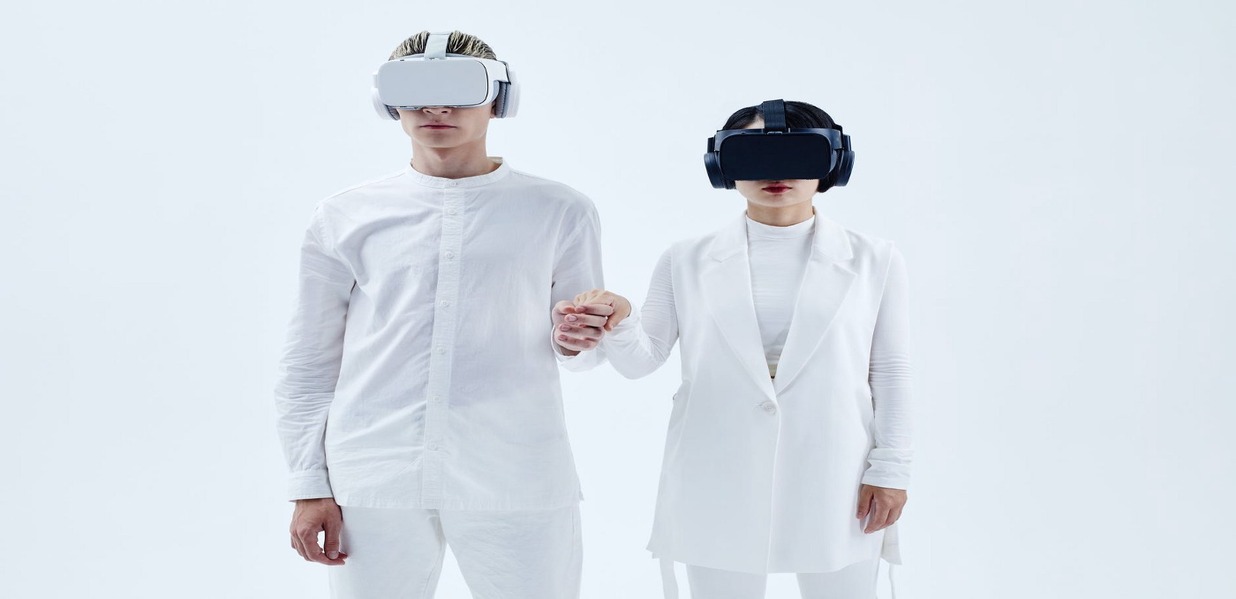





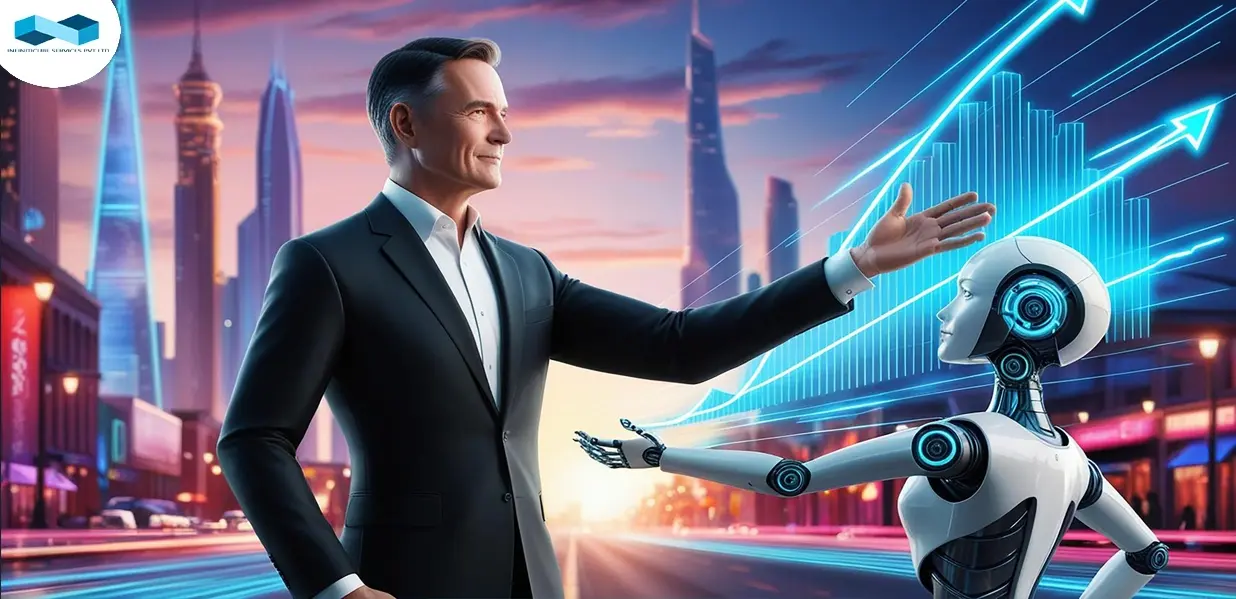


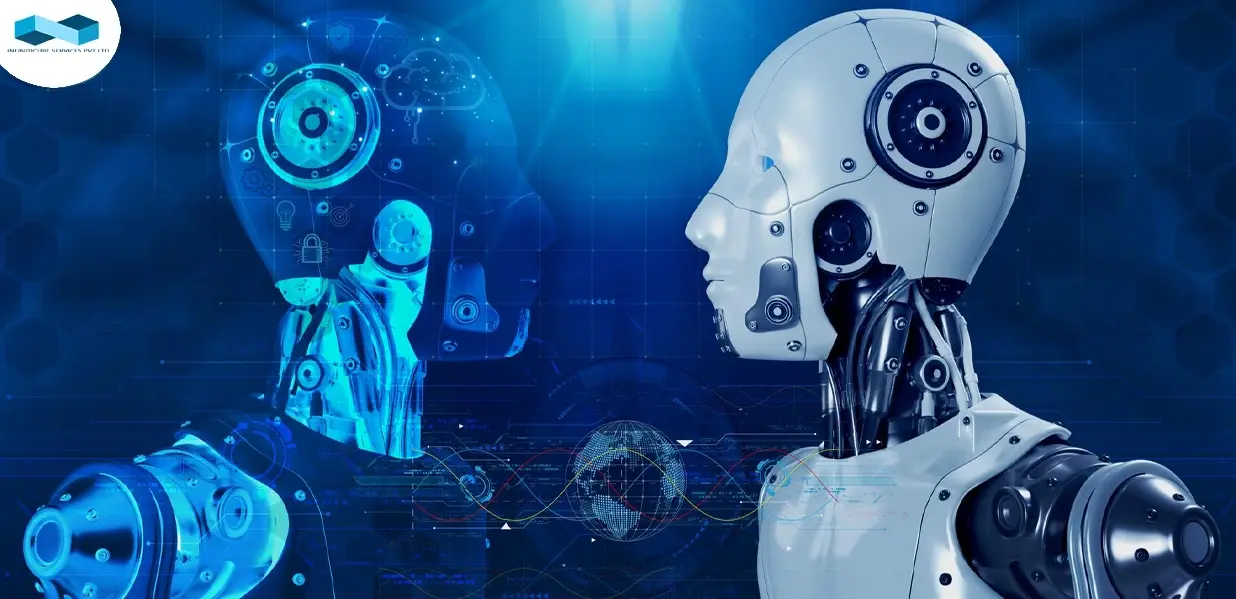
Leave a Reply